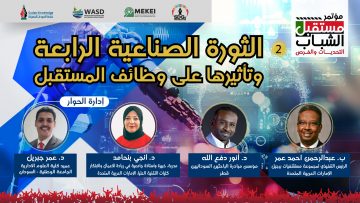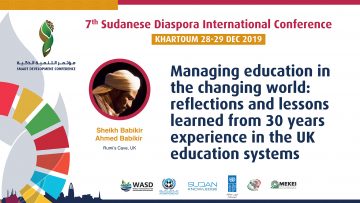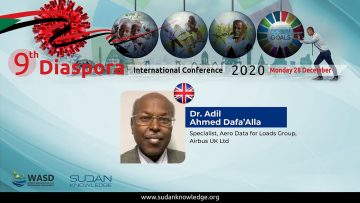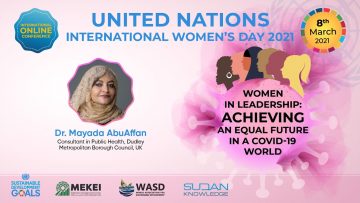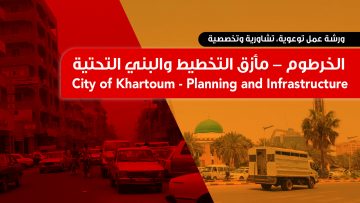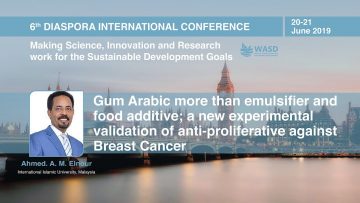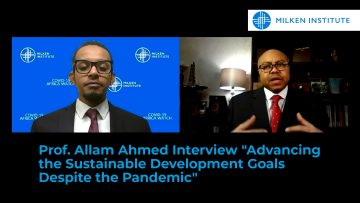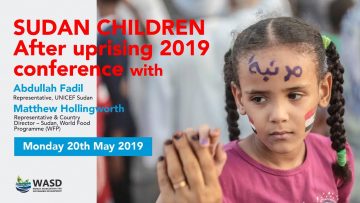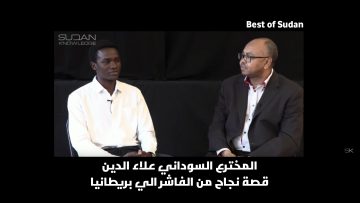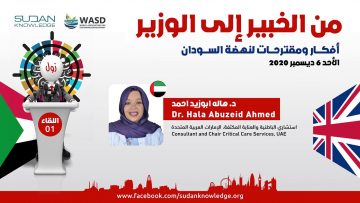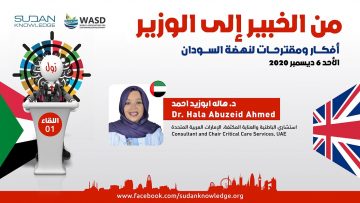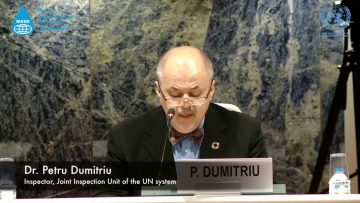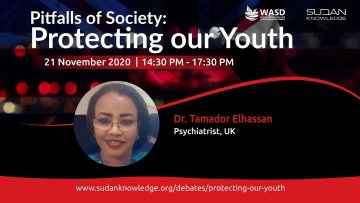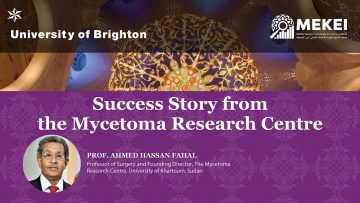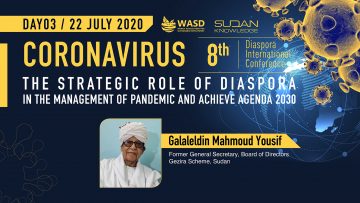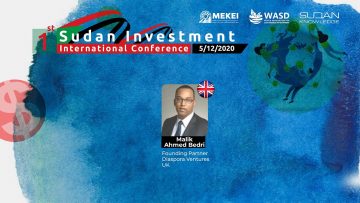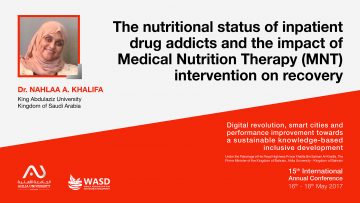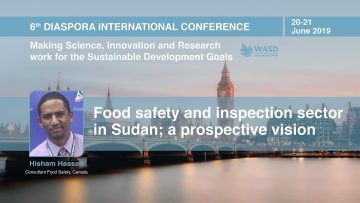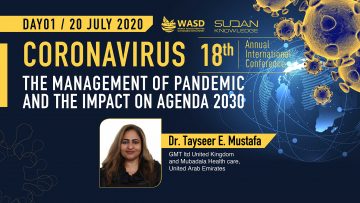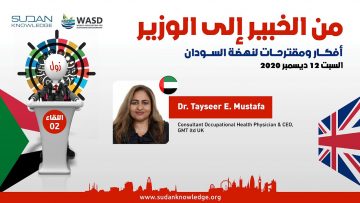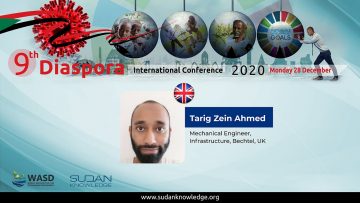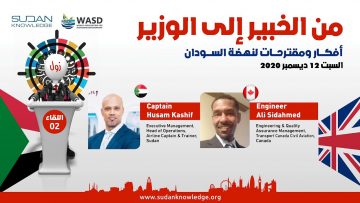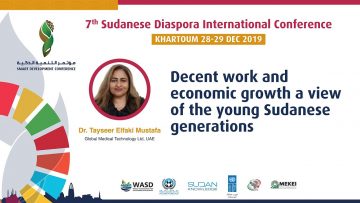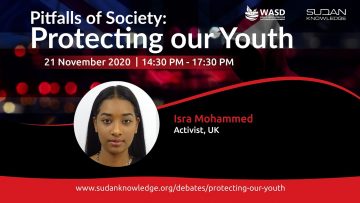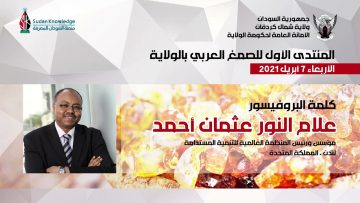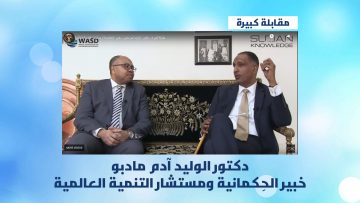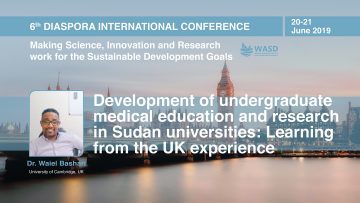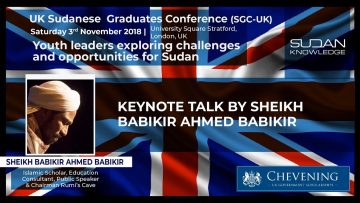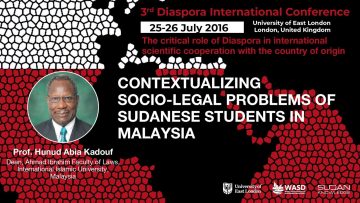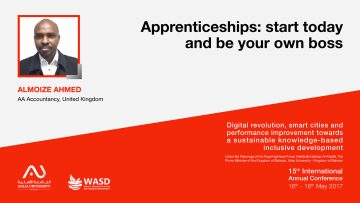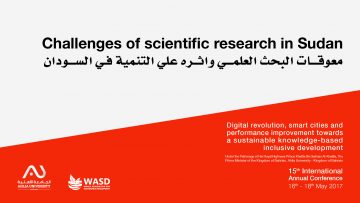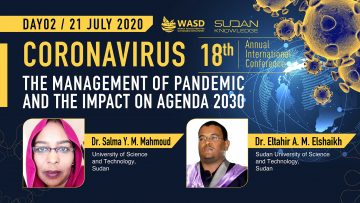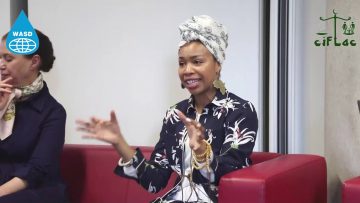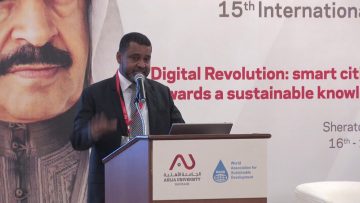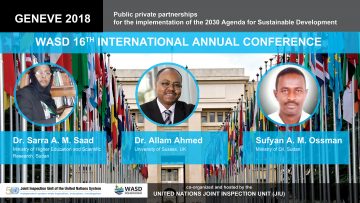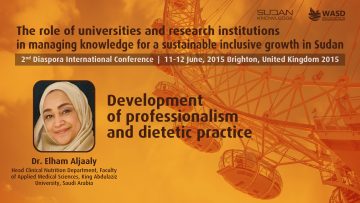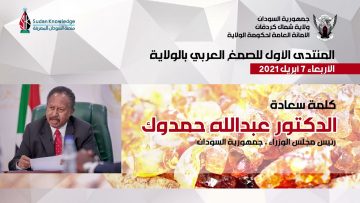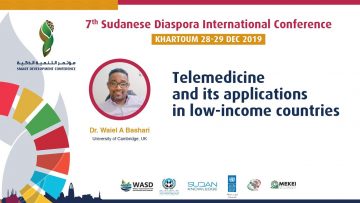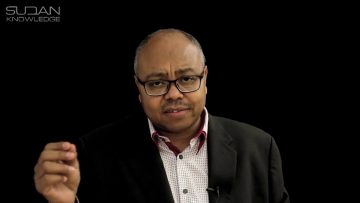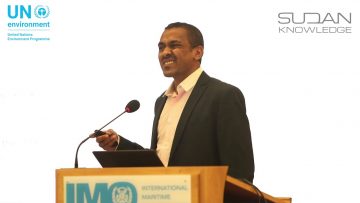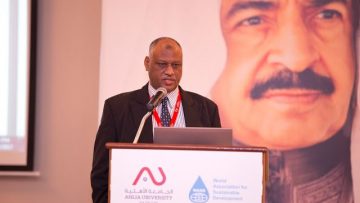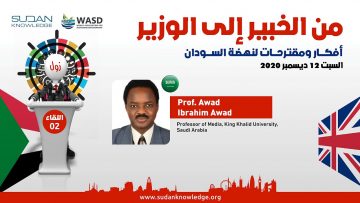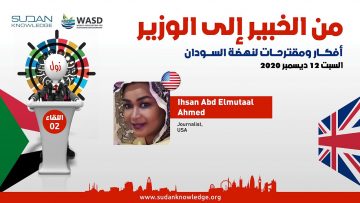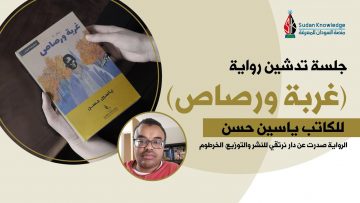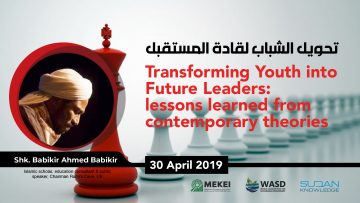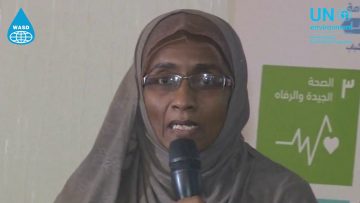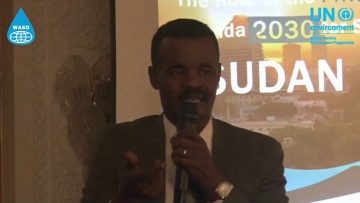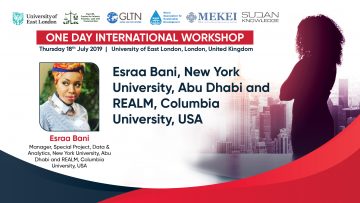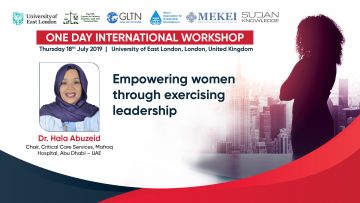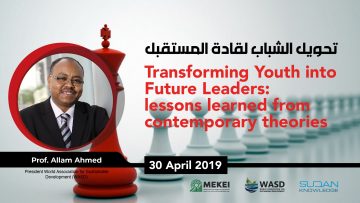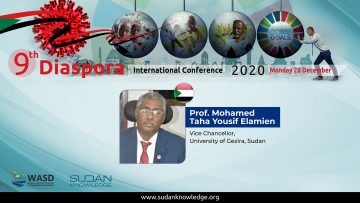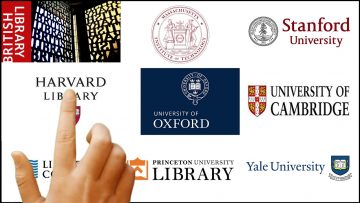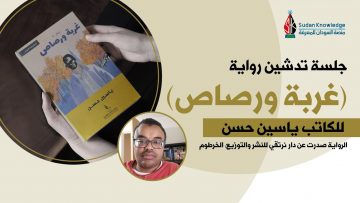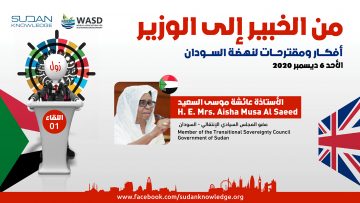- Home
- Portfolios
- Conferences
- Publications
- Academy
- Roundtable
- Who’s Who
- TV
Conferences
Roundtables
Interviews
Covid-19
Diaspora
Health
Education
Economy
Agriculture
Energy
Experts
Aviation
Business
Children
Community
Investment
Darfur
Graduates
Gezira Scheme
GERD
HE
Economic Sanctions
Engineering
Entrepreneurship
Environment
Food
Founder
Gum Arabic
ICTs
Ideas
Industry
Infrastructure
KE
Keynote
Leadership
Media
Peace
Politics
Youth
Talent
PPPs
Research
Revolution
Universities
Women
UN
Training
Workshops
SD
SDGs
Security
Publications
Sudan
LATEST NEWS
- حلقة نقاش مفتوح للاستفادة من اساتذة الجامعات السودانيين بالخارج ومشاركتهم في دعم التعليم العالي في السودان
- AHMED BEDRI is MBE (Member British Empire)
- The future of Sudan after lifting the US sanctions
- UK Sudanese Graduates Conference (SGC-UK)
- Leadership, Change and Talent
- The future direction of health and health care planning in Sudan
- Strategic leadership and performance improvements in higher education and research institutes in Sudan
- Transforming Sudanese Youth into Future Global Leaders
-
-
No videos yet!
Click on "Watch later" to put videos here
- View all videos
-
-
-
Don't miss new videos
Sign in to see updates from your favourite channels
-
Reconnecting Universities with the Discourse of Sustainable Inclusive Growth in Sudan
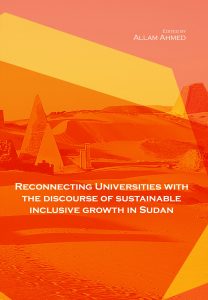

Editor: Dr. Allam Ahmed
ISBN: 978-1-907106-36-1
Date: June 2015
Contents
PART I: Policy for Sustainable Inclusive Economic Growth
Comparing Sudan to its peers in Africa and the Arab World with regard to Knowledge Economy existence and development
Ibrahim M. Abdalla Alfaki, United Arab Emirates University, United Arab Emirates
Policy support for innovation at grassroots in developing countries: perspectives from Nigeria
Chux Daniels, SPRU, University of Sussex, United Kingdom and HSRC, South Africa
PART II: Education and Learning
Critical evaluation of the education system in the Sudan from independence to date
Adil A. Dafa’Alla, Airbus UK, United Kingdom
Elmouiz S. Hussein, Airbus UK, United Kingdom
Marwan A. A. Adam, Sudanese Knowledge Society, Sudan
E-Learning and its Application for Training in Organisation: Challenges in Implementation
Ali Yousef, University Campus Suffolk, United Kingdom
Mind mapping: an effective multisensory, learning and teaching strategy, underutilized in medical education in Sudan
Nahlaa A. Khalifa, King Abdulaziz University, Saudi Arabia
An experience from a growing private medical sciences institute of Nile College, Sudan
Sumaia Al Fadil and Mohamed Yousif Sukkar, Nile College, Sudan
PART III: Diaspora Partnership Models and Approaches
Mobile populations in immobile welfare systems: a typology of institutions providing social welfare and protection arrangements within a mobility framework
Ester Serra Mingot and Valentina Mazzucato, Maastricht University, Netherlands
Engaging diaspora in promoting medical specialty training in Sudan: a proposed model
Elsheikh Badr, Fayrouz Abdalla and Ayat Abuagla, Sudan Medical Specialization Board, Sudan
Medics in diaspora: building partnerships, SDUI & SAA as an Example
Sohel M G Ahmed, Sligo Regional Hospital, Ireland
Diaspora partnerships with Sudanese institutions for health and development: experience from the Sudan Health Consultancy group
Muna I Abdel Aziz, Warrington Borough Council, United Kingdom
Safa I A Abdalla, Public health researcher, United States
Mayada AbuAffan, Dudley Metropolitan Borough Council, United Kingdom
Ishraqa MA Awad, General Practice, United Kingdom
Moneim Elhassan, Health Practitioner, United Kingdom
Rida Y ElKheir, Isle of Wight Council, United Kingdom
Maha Ellider, Assistant Professor, Saudi Arabia
Basma ElSafi, King’s College Hospital, United Kingdom
Victor Joseph, Doncaster Metropolitan Borough Council, United Kingdom
Huda H Mohamed, West Midlands East Health Protection Unit, United Kingdom
PART IV: Public health and Medical Sciences
Development of professionalism and dietetic practice : a critical role for the nationally dispersed group of leaders and futurists in the field of nutrition and dietetics
Elham Aljaaly, King Abdulaziz University, Saudia Arabia
A comparative study of health and safety provisions and their impacts on profit and non-profit organizations
Rahaman Hasan, London Churchill College, United Kingdom
Taslim Ahammad, London Churchill College, United Kingdom
Impact of knowledge on dietary control of Type 2 Diabetes Mellitus in Khartoum State
Maha Agieb, Saudi German Hospital, Saudi Arabia[/vc_column_text][/vc_column][/vc_row]



